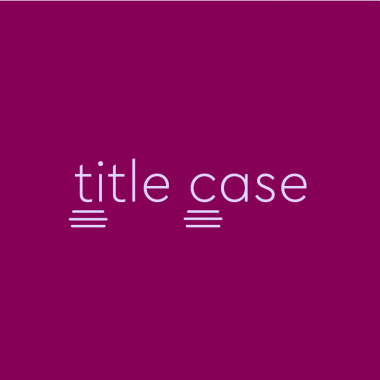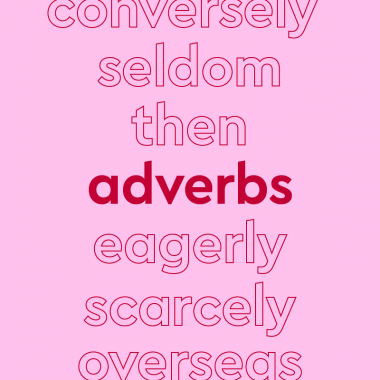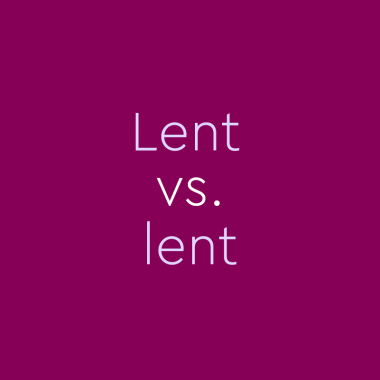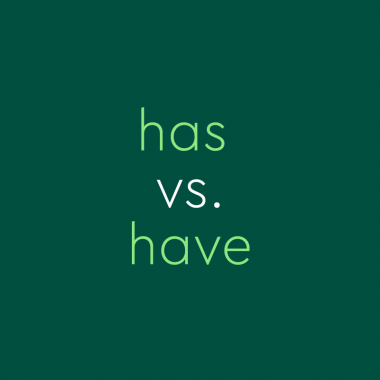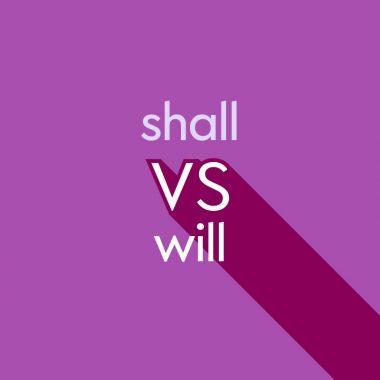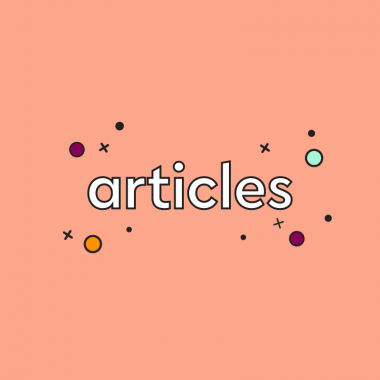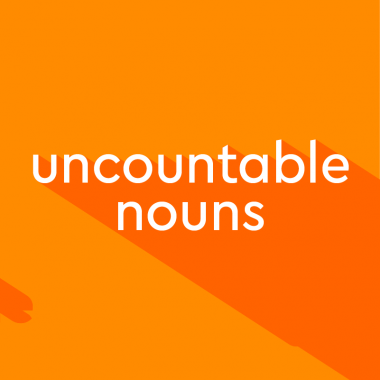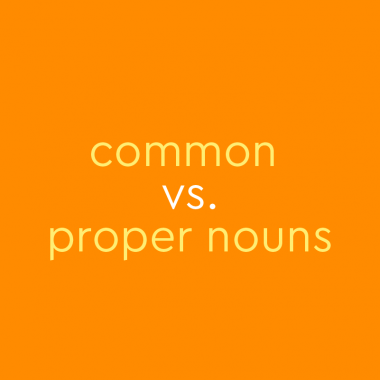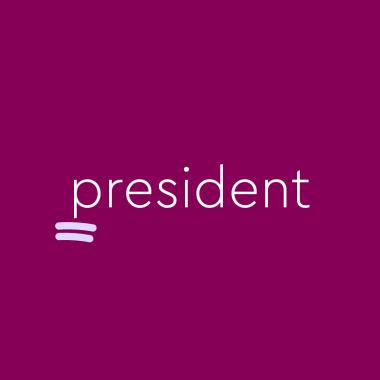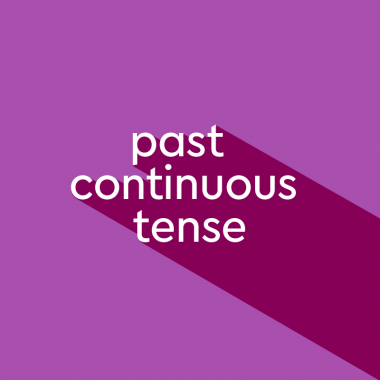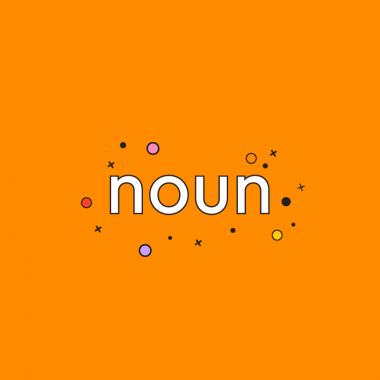Understanding Title Case: Which Words To Capitalize In A Title
Titles can be confusing—either due to length (we’re looking at you, Baz Luhrmann’s William Shakespeare’s Romeo + Juliet), punctuation (Leprechaun: Back 2 Tha Hood), or content (sigh, 2002’s Mr. Mom). But, titles can also stump readers and writers across the board due to title case—conventions of which words in a sentence start with capital letters. Have no fear: we’ll walk you through the steps, one …
